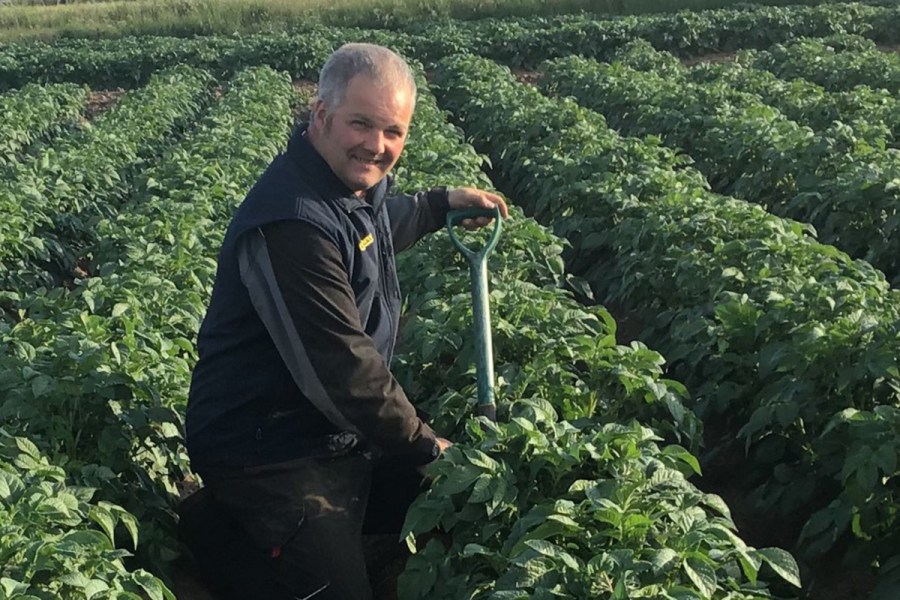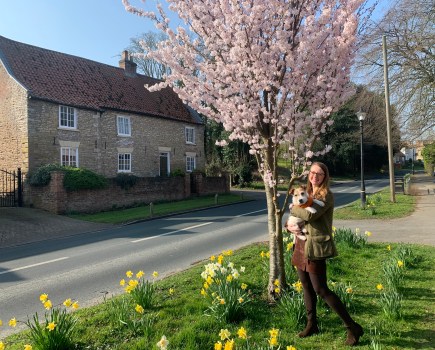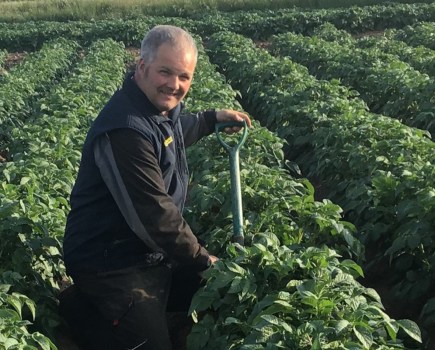By Andrew Wilson
It seems a long time since the excellent BP2023 show at Harrogate in November and similarly superb CUPGRA conference in December.
Sugar beet is currently a chew on with low sugar content and high dirt tares. We still have a few spuds to lift, storage is an expensive challenge, actives keep dropping out of the armoury, weather extremes are hitting yields while cost and risk escalates. We have some flooded off winter cereals, low germination and unacceptably low vigour on some farm-saved spring barley seed, and for all forward grain prices are in the doldrums, spring seed prices are reaching for the stars!
So, what to do? New machinery price escalations are beyond ridiculous, interest rates keep climbing and risk versus reward seems to get ever further out of kilter. You could be forgiven for saying enough is enough, lets plant some bird food and put our feet up.
But is that wise? Why do the government keep putting SFI rates up? I doubt its sympathy for farmers mourning the loss of the BPS cheque. How much winter bird food do we require and what will be the consequence of lots more birds? More mucky windscreens? Too many corvids? Yet more predators for the remaining cereal crops? More poachers?
The volatility during the past three years couldn’t have been predicted and there’s likely to be a General Election within the next three. Should we lay staff off? Sell kit? Go wall-to-wall SFI and become a park keeper? How will we spend our time that we used to spend farming? What happens in three years’ time? What happens to potato land availability in the meantime?
I might be grey, grumpy, and cynical, but no one does owt for nowt; our data has never been so harvested. If governments and large corporations control the food and fuel supply, they control the people. Do we want that? Can the country afford not to feed its people? Of course it can’t.
Smaller businesses are casualties to corporates on a daily basis and farmers are no different, be it non farming money out bidding for land, solar corporates planting plastic panels where food once grew, or the ever-increasing amount of land disappearing under concrete. It’s not good.
The most maddening element to me is that of water management – practical logic seems to be harder to find the higher one climbs the power tree at the Environment Agency. The IDB’s of the country generally do an excellent job of maintaining drainage channels but are let down badly by that organisation that used to be called the National Rivers Authority.
You can’t maintain the effectiveness of anything via neglect. Regular river maintenance retains capacity and reduces flooding – slow the flow in the hills and increase it as it gets nearer to the sea. I’m preaching to the converted, but it’s really not complicated. If you don’t remove the teabag from your pot on a morning, by the end of the week you’ll either be thirsty or have a wet table!
The destruction to homes, businesses, wildlife, infrastructure, and food supply is becoming monumental – one can’t help thinking about a recent television programme about an ivory tower at a corporation that runs a lot of little red vans…
The practical logic of winter-filled reservoirs for use in the summer to irrigate crops grown to feed people seems to be a long way down the agenda of the powers that be, despite the obvious secondary advantage of downstream flood reduction.
So what do I think? Bray on rewardless? Not exactly. Twenty two years ago wheat was £60/t. 2012 was the wettest year in a very long time, 2010 the coldest. The 1980’s saw interest rates at least double those of today. The mid 90’s were tremendously profitable.
Forever, farmers have adapted to whatever challenge arises; that won’t change. There’ll always be a seed time and a harvest, and we all have to eat. Short term politics is exactly that – nothing lasts very long because the target of those in power is always to stay in power first and do what’s right second.
We’re now growing half the spuds we were at our peak in 2017 and are better off for it – physically, mentally and financially. Beet is getting more scrutiny after being a solid performer for 30 years, but it remains for now. We keep tweaking the combinables too. Livestock bring balance (and muck!).
Stewardship will also remain at Brickyard farm as it has for nearly thirty years – strategically placed and where practically useful, whatever trendy acronym it might be known as. A wise man offered his advice to me 25 years ago on a YFC farm walk: ‘Do what you do best and do it better’. Another now departed gentleman told me as a teenager: ‘Don’t worry about what you can’t control – and that’s most things.’ Good advice I reckon.
Dad would have said: ‘It be right, crack on,’ like he always did. So that’s what we’ll do, albeit with a few tweaks.
This article was taken from the latest issue of CPM. For more articles like this, subscribe here.
Sign up for Crop Production Magazine’s FREE e-newsletter here.




